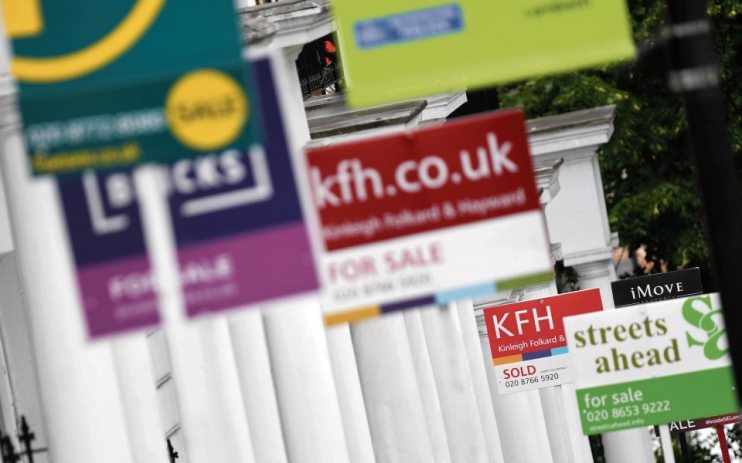Not using a selling agent? You could be missing out big time

There really is no exact science when it comes to putting a price on a property. Ultimately, reality dictates that it is only worth what someone is willing to pay – something many agents overlook, or fail to communicate, when it comes to recommending the asking price.
Since selling your home can be one of the most important decisions you ever make – cited as one of life’s most stressful processes, coming a close third to death and divorce – it makes sense to seek professional advice in much the same way as you would if selling a piece of art or jewellery.
The challenges of selling your home are often compounded by an abundance of ‘experts’, unhelpful dinner party chatter, and online portals displaying unrealistic asking prices that can often be confused with the ultimate sale price. Having access to the final sales price of a neighbouring property is useful as a comparable, but being advised by a reputable professional who understands the intricacies of why that property sold for that particular amount is even more important in ensuring the correct valuation of your home.
If a property has achieved a premium price, there will be a good reason for it, and that won’t mean every neighbouring property will command a similar price. As an agent, this can be a difficult conversation to have with a vendor, but overvaluing serves no purpose at all, other than to ensure a property remains unsold.
The valuation process relies predominantly on the size of a property, namely how many bedrooms it has, and its square footage. Whilst clearly helpful in forming an opinion on value, this data, while relied upon too heavily, can distort the resulting valuation. Generic and formulaic electronic tools fail to look at the nuances and specific features of a property, all of which contribute to the ultimate value.
As an example, we sold a house at the beginning of this year in a prime St John’s Wood address, which only had two principle bedrooms and extended to under 3,000 sq ft. And yet, due to a number of very specific factors, we achieved a figure close to £9m. The house was arranged over only two floors but had parking for four cars, as well as an exceptional south-facing garden. According to one valuation tool, the house should have been worth in the region of £6m. Features such as parking, and the size, privacy, or orientation of the garden can influence the sale price as significantly as the extent of the accommodation.
The local knowledge of a good agent, as well as the ability to connect buyers to specific properties, can dictate the ultimate sale price and, as a consequence, can sometimes earn clients millions. In the summer we were asked to sell a house in a prime North West London address, the value of which was expected to be in the order of £8m. Due to the property’s unique location (a two storey house, totally secluded in Hampstead Village) I suggested to my client that before we go to the market we approach a special buyer I knew. That buyer was not even actively looking for a house, but mentioned to me a year or two earlier that if something very special and private were ever to be available in one of three specific roads, they would like to know. This house was in one of those addresses and fast forward two months, they bought the house at just over £9.5m, knowing that they had to pay a premium price to secure it before it came to the attention of other buyers. There simply is no substitute for market knowledge.
Where there are almost identical sales to refer to and readily available comparable transactions, it is of course much easier to come to a conclusion on the expected value of a property.
The recent valuation of a mid-terrace house forming part of a terrace of 20 or so houses in St John’s Wood, left little margin. With two neighbouring houses having sold in the last few months of an almost identical size, style and type, the process was understandably more straightforward. The difficulty lies when you are looking at the sale of a property with unique features and few, or no directly, comparable transactions. This is where the skill of an agent is so valuable in understanding what a particular buyer will pay for a special property – a skill learned through experience and a deep understanding of the market. Often in such instances we will suggest a ‘guide price’ or ‘offers in excess of’ in order to allow a level of flexibility. This ensures our client is not committed to selling at an asking price because, in effect, there is no fixed asking price: it is merely a guide. This may also result in attracting fairly immediate attention from multiple buyers, which in turn is likely to lead to multiple offers. If your agent handles a competitive bidding situation correctly, you will certainly realise a premium price.
The golden rule is always to quote a realistic asking price. You want to engage with buyers and encourage them to take your home seriously – not discourage and alienate them.